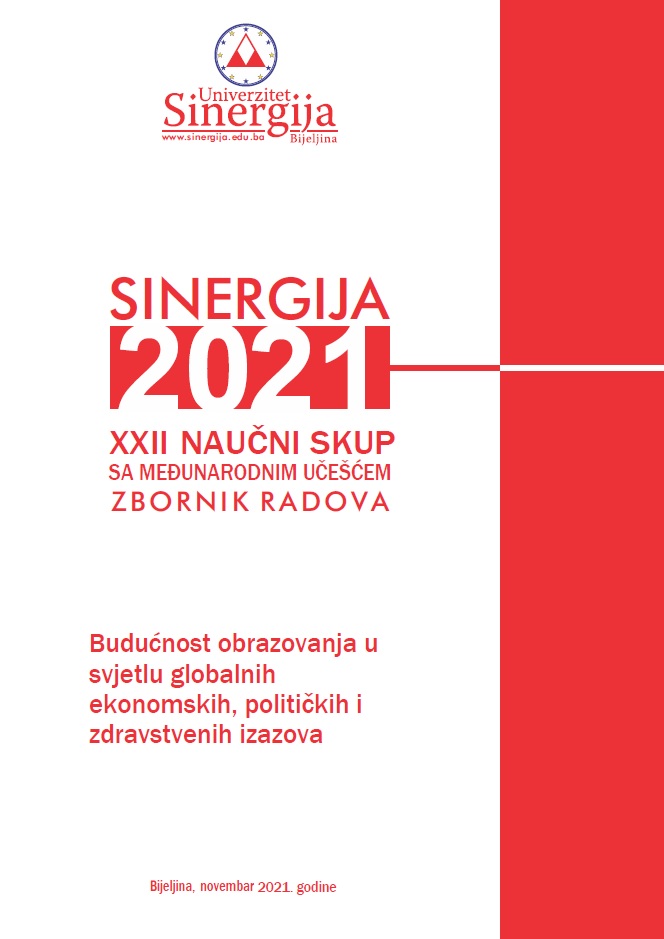Explainable machine learning methods as a tool for higher education improvement
DOI:
https://doi.org/10.7251/ZRSNG2101001MAbstract
Group work and communication problems that occurred during the pandemic have significantly increased the use of new technologies, especially in higher education, where methods and systems of artificial intelligence, primarily machine learning, are increasingly used in the automation of various aspects of the teaching process. An application of these methods introduces completely new ethical and legal problems, related to the nature and manner of use of automatically created knowledge in various social processes. Confidence in automated generated knowledge and the issue of responsibility for the results of decisions that are made on the basis of that knowledge are trying to be solved by using the so-called Explainable Machine Learning methods. The paper discusses the application of these methods in the automation of various aspects of higher education, and demonstrates practical examples of their use in predicting student performance and teacher evaluation. In the practical examples, only publicly available data on the realization of parts of the teaching process were used, as well as open source software tools from the Weka data mining system and several libraries of explainable machine learning methods for the R and Python programming languages.

